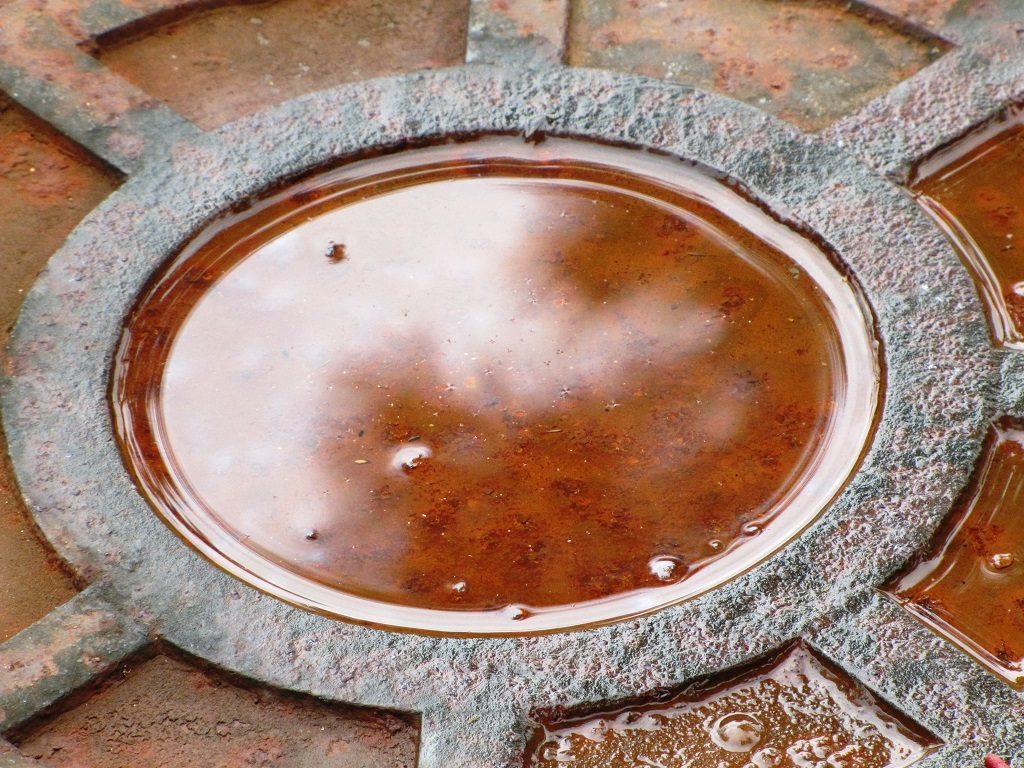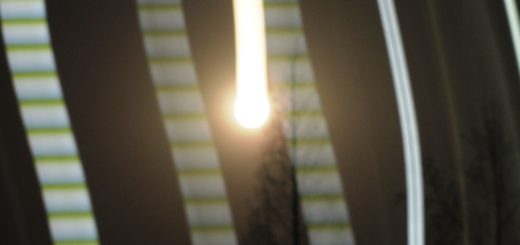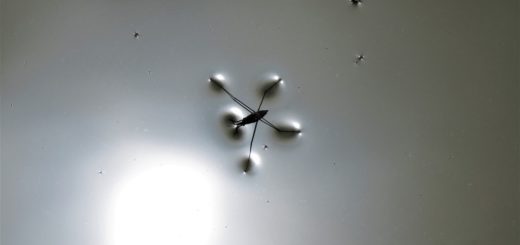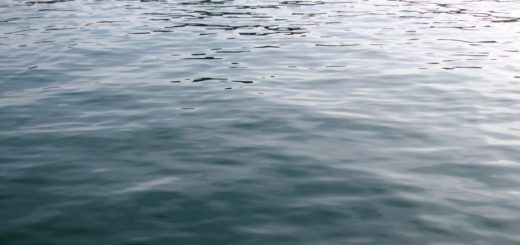Observing Things
If there were no world, there would be only me — and therefore I would not exist.
From this, it might also follow, contrary to the modern moan about man’s insignificance within the vastness of time and space, that my own existence is broadened, expanded, and deepened, precisely in proportion to the breadth, expanse, and depth of the world’s existence. The relevant question here is whether it was Anaxagoras or Hobbes who came closer to defining the nature of mind and reality. Modernity and the feelings come down on the side of Hobbes; eternity and reason on that of Anaxagoras.
The more we observe the world, the more world there is to observe. This is the key to life, intellect, and the development of knowledge.
Conversely, however, the less we observe the world, the less world there is to observe. This is the key to matter, fear, and the development of nihilism.
In this contrast, we see the fatal flaw of modern man, who mistakes looking at matter for looking at the world, and thereby reduces himself to body, thus losing his own being — his very existence as the living observer — in an abyss of lifelessness which, with an ever-growing shudder of recognition, he calls “the world.”




